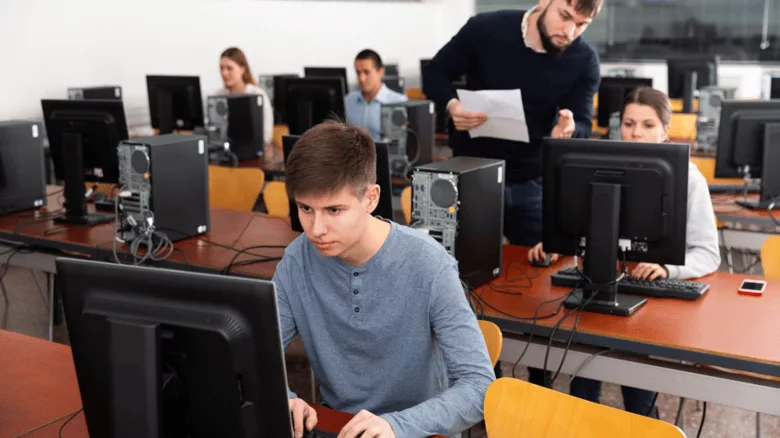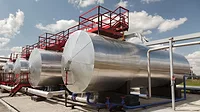Chicago State University and the EPA Look to the Future
The unique partnership is all about giving students real-world experience, mentorship, and career support

Image via Jack F. from Getty Images
The U.S. Environmental Protection Agency (EPA) and Chicago State University announced a new partnership aimed at promoting careers in environmental science, engineering, and sustainability.
This partnership, officially sealed with a memorandum of understanding (MOU), is all about giving students real-world experience, mentorship, and career support—with a special focus on those from diverse backgrounds who might not always have access to these opportunities
"Fostering partnerships with institutions of higher education and raising awareness of environmental careers and research is a vital part of EPA’s mission to protect human health and the environment," said EPA Regional Administrator Debra Shore.
This collaboration could have a direct impact on the water well and geothermal drilling industries, both of which rely on skilled professionals in environmental science, hydrology, and engineering.
Building a strong workforce for the future
The drilling industry is facing a workforce shortage, particularly in specialized roles related to drilling engineering and environmental compliance. This partnership could help train the next generation of professionals who will enter fields related to water well drilling and geothermal energy development.
As students learn more about sustainability and environmental protection, they could play a big role in shaping future industry regulations. With more young professionals pushing for stronger environmental policies, we might see a shift toward stricter compliance measures—especially at a time when agencies like OSHA are facing challenges from government cutbacks.
Also, with Chicago State University focusing on STEM education and research, this partnership could lead to new technology-driven solutions for both water and geothermal drilling.
Areas like aquifer protection, well efficiency, and geothermal heat exchange optimization could benefit from fresh perspectives and academic research.
This partnership reflects a growing emphasis on sustainability. For water well and geothermal drillers, it’s a sign that environmental science and engineering will play an even bigger role in shaping the future of the industry. As the demand for clean water and renewable energy continues to grow, collaborations like this could help bridge the gap between education, research, and real-world applications in the drilling sector.
Looking for a reprint of this article?
From high-res PDFs to custom plaques, order your copy today!





